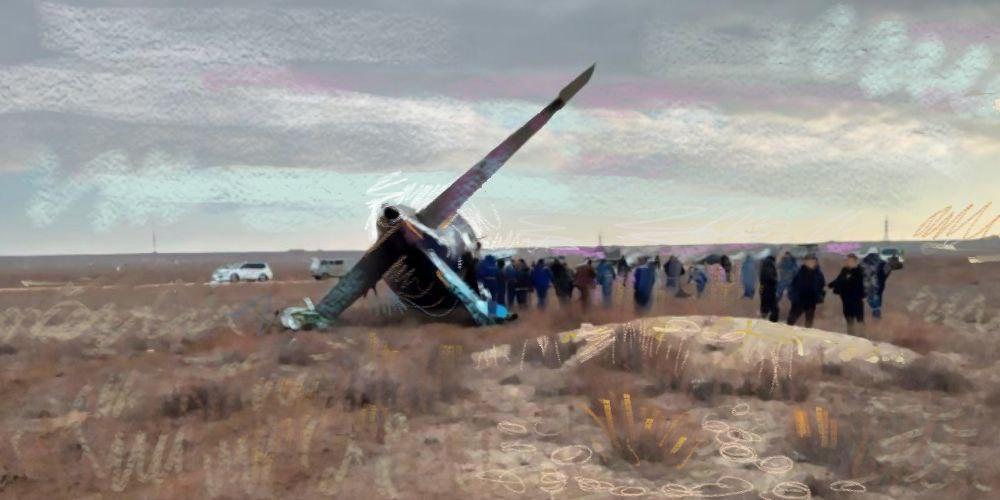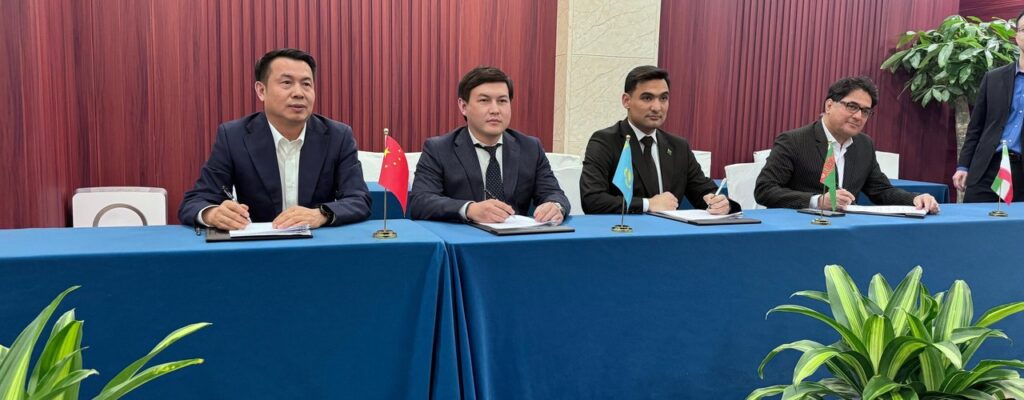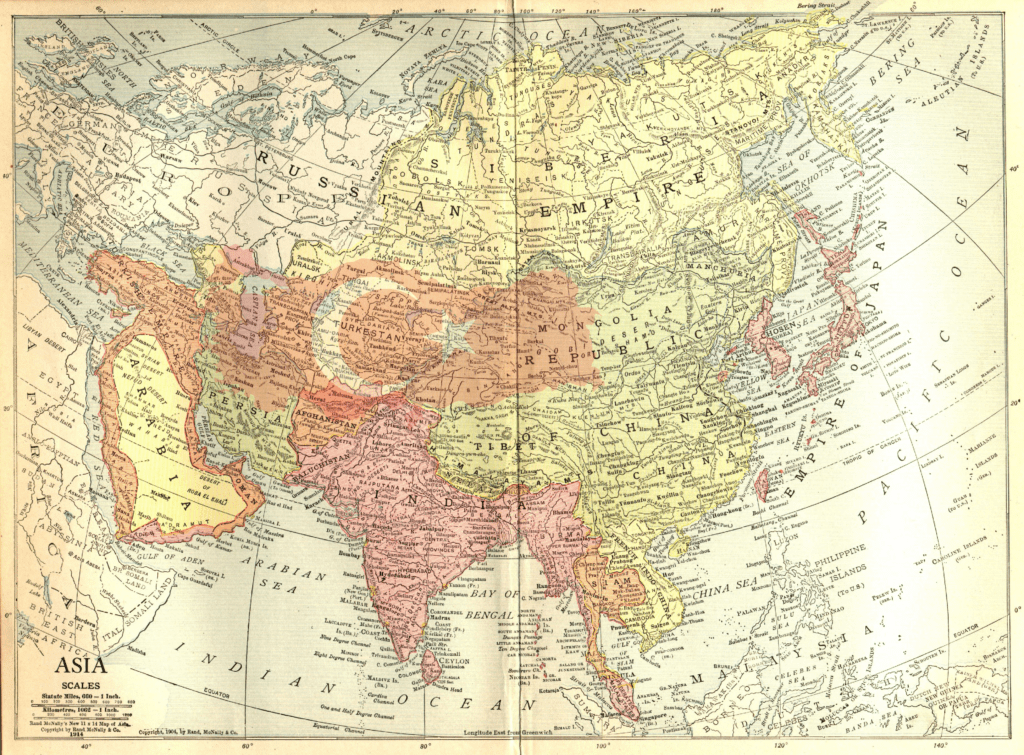China’s growing presence in Central Asia is seen as an economic opportunity by many in the region, but is also viewed with concern by others who fear so-called debt traps and land grabs. A new report on those perceptions of China stresses that there is no overarching Central Asian viewpoint and points to nuance in attitudes among the different countries.
The study by the Central Asia Barometer, a polling group that has said it will suspend operations on December 1 because of insecurity and other obstacles to carrying out its work, is significant because a lot of news about China and Central Asia focuses on official pronouncements by governments and business groups. Assessing public opinion can be more of a challenge in countries with a top-down tradition of leadership.
“Favorability towards China varies widely across countries, with younger generations in Kazakhstan and Kyrgyzstan generally viewing China’s involvement more positively, particularly in areas like technology and investment,” the Central Asia Barometer said. “Older generations in these countries tend to be more skeptical, though. In Turkmenistan, the older population is more optimistic about China’s role, especially with regard to Chinese workers and investment.”
The non-governmental group also noted “a decline or even negative favorability” in perceptions of China among people in Uzbekistan.
The study, titled “Beyond the Silk Road” and released on Friday, is based on multiple surveys of opinions of China between 2017 and 2023 in four Central Asian states -Kazakhstan, Kyrgyzstan, Turkmenistan, and Uzbekistan. There was no data from Tajikistan. Perceptions of China depended on demographic factors such as ethnicity, age and gender, as well as the impact of specific Chinese infrastructure projects, and sources of information. Content on social media, for example, tended to improve attitudes toward Chinese business ventures.
As of 2024, China has surpassed Russia as the top trading partner for most countries in Central Asia and is a major source of foreign investment and loans, a potential windfall that is tempered by concern about a lack of transparency in Chinese business practices. A Caspian Policy Institute analysis that was published in August explored negative perceptions of China.
In July, Chinese leader Xi Jinping, architect of the Belt and Road economic initiative, traveled to Kazakhstan for a meeting of the Shanghai Cooperation Organization, a security group whose founding members include several Central Asian countries. There, Xi celebrated Chinese collaboration with President Vladimir Putin of Russia, the region’s other traditional power. Then he visited Tajikistan, a security partner that borders China and Afghanistan.
The Central Asia Barometer said its data indicated a decline among some Central Asian populations in favorable views of Russia, coinciding with a change in feelings about China.
“In 2022, after the Russian invasion of Ukraine, an upward shift in favorability toward China in Kazakhstan was observed while at the same time a pronounced drop in Russia’s favorability was noted,” it noted.
Even so, China is not expected to supplant Russia’s longstanding influence in Central Asia. A commentary published by the Royal United Services Institute in early 2023 said that Russia, despite a reduction in power, remained “a key security and economic actor and has powerful tools at its disposal that can affect the policies of countries in the region.”








